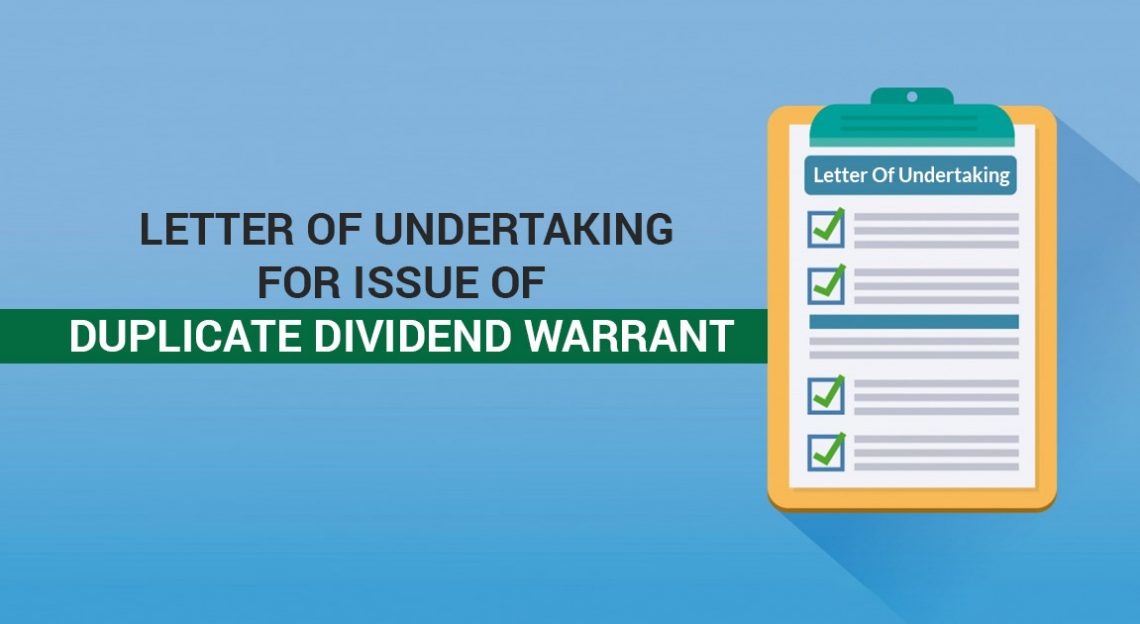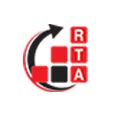This is the form that can be used by a shareholder for registering their Email Id and bank mandate or PAN details with the trading company for electronic credit of dividends. The applicant is required to provide his/her folio details for which he/she wants to update the details. In addition, they will also have to […]
All About Depositories and How They Work?

A Brief Overview of Depository A depository refers to a recognized entity that assists investors in buying and selling of securities like stocks in an electronic manner. The stocks that are stored in depositories by the investors are more or less similar to funds deposited in bank accounts. Registrar and Transfer Agent are generally the […]
Request Letter for Deletion of Name (of a Deceased Shareholder)

Use this form for filing a formal request for deletion of the name of a deceased shareholder from the Register of Members of the Trading (or Mutual funds) Company. Details of the folio and share certificates must be provided along with the application as well as the applicant needs to attach the share certificates for […]
Letter Of Undertaking For Issue Of Duplicate Dividend Warrant

This is the application format or Letter of Undertaking to be used in case you want the company (Mutual Fund house or share trading firm) to issue a Duplicate Dividend Warrant. The form can only be used if you were already issued a Dividend Warrant by the company which you have lost or misplaced. You […]
How to Request for Change of Signature (or Non-Availability of Signature) With an RTA?

A holder of mutual fund shares, equity, or bonds with a registered mutual funds company can apply to change his/her registered signature or to provide a new signature in case of non-availability by filling the following affidavit form through the company’s official Registrar and Transfer Agent. Along with the request to change/add a new signature, […]
Difference Between Dematerialisation and Rematerialisation | SAG RTA

As you have heard that, Shares Dematerialization is necessary for share transfer any activity in relation to the shares of unlisted companies, listed companies, and soon-to-be-notified private companies, thus it becomes more imperative to know about dematerialization, rematerialization, Demat and Remat. If you are interested or already a part of the share market then you […]
Equity Shares: Classification, Benefits & Drawbacks

Equity share is a major source of finance for any company which provides the rights to vote in the meeting of the holder of the company and shares profits and claims on assets to the investors. Also known as ordinary shares, it symbolises partial ownership of a shareholder in which he takes the maximum entrepreneurial […]
Complete Procedure for Bonus Issue of Shares by Companies

Bonus shares are given to the pre-existing shareholders free of cost in case the company accumulates benefits on earning. This is done to replace the dividend which has to be given to the shareholders thereby giving them free shares. As the bonus shares capitalize a fraction of the reserve, it is just a bookkeeping transaction […]
All You Need to Know About Debentures, Its Types, Advantages and Disadvantages

What are Debentures? A Debenture generally refers to a document that is issued by the company as evidence of its debt towards the debenture holders at a fixed rate of interest. In layman terms, you can mark the debenture document as the acknowledgment receipt of the company’s indebtedness towards its holders. Debentures are also known […]
What is the Need, Process, and Benefits of Preferential Allotment of Shares?

As per the Company Act 2013, the companies in India can raise funds via different methods, which include preferential allotment, right issue, IPOs, employee stock option plan (ESOP), and sweat equity shares. Among all the prescribed methods, the preferential allotment is considered to be the best fundraising option for unlisted companies. The procedure and provisions […]






